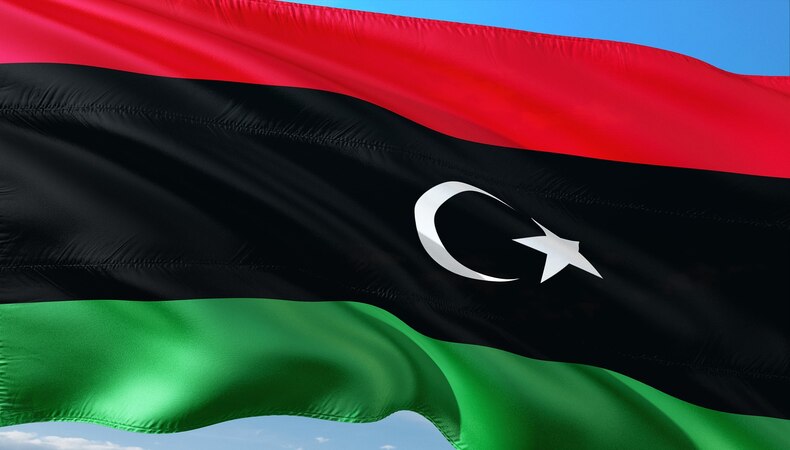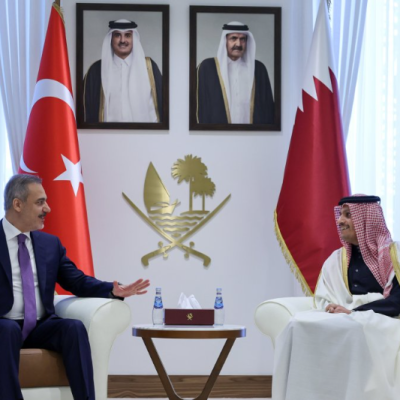Libya’s Central Bank Crisis: UN Mediation Efforts Aim to Ease Rising Tensions

Long torn by internal conflict, Libya finds itself once more at a crossroads as tensions over Central Bank authority explode. In an attempt to arbitrate and calm the mounting crisis, the United Nations Support Mission in Libya (UNSMIL) separately conferred with representatives from the rival administrations. Said by the UN as “marked by open and honest communication,” these debates highlight the urgent necessity of a settlement to the ongoing political and financial instability.
Rising Tensions: Siege of the Central Bank
The present crisis began early in August when a group of men—some allegedly armed—laid siege on the Central Bank of Libya, demanding the departure of governor Seddik al-Kabir. This bold move coincided with growing accusations from the eastern-based government claiming authority of the bank under UN auspices.
Governor al-Kabir left the country driven by threats from armed groups; this action he revealed in an interview with the Financial Times as the situation worsened. His departure highlighted the precarious nature of the circumstances and the extent to which the central bank, a prominent participant in Libya’s fragile administration, had turned into a focal point of the more general political strife.
UN-Led Talks: Road to Atonement?
Reacting to the growing situation, UNSMIL stepped in to allow separate negotiations between officials of the UN-recognized government headed by Prime Minister Abdulhamid Dbeibah and the opposing administration based in the east supported by military chief Khalifa Haftar. According to a UN mission statement, these talks produced “significant understandings” on how the two sides would approach the central bank matter.
The fact that both sides agree to forward a draft accord to their respective chambers for approval suggests that the negotiations are looking to be moving forward. The UN believed that this agreement would be signed as early as Tuesday, therefore indicating a necessary first step towards situation stability.
The More Broad Impact: Weak Government of Libya
The instability of the central bank is only the most recent event in Libya’s long history of conflict and division. Since the 2011 NATO-backed insurrection brought down long-standing dictator Moamer Kadhafi, the country has struggled to establish a unified and stable government. The UN-recognized government in Tripoli’s ongoing division from the eastern authority causes constant conflict and a broken state.
The central bank said on August 18 it was suspending all operations after the abduction of its information technology chief, who was later released. But already damage had been done. Not too long later, the eastern-based administration asserted that under force a “outlaw group” affiliated with Tripoli government had taken over the central bank. They answered by suspending under their power operations throughout oil fields and ports, therefore undermining the already fragile national economy.
A Critical juncture for Libya
Not merely a financial one, the debate over Libya’s Central Bank reflects the greater power battle presently splitting the country. Whether Libya can move towards more stability or if internal strife will still torment it will depend critically on the outcome of the present negotiations, made possible by the UN.
Knowing the great stakes, the world community watches closely as the rival nations review the proposed agreement. A fix for the central bank issue could allow more all-encompassing projects to unite the country and rebuild its institutions to find their way. Conversely, a dissension of opinion would increase the gulf and prolong the agony of the Libyan people.
Future is yet unknown in a nation still recovering from the upheaval of the past 10 years. Although the UN’s mediation efforts show some promise, it is nevertheless unclear if this will be enough to bring Libya long-lasting peace and stability.




